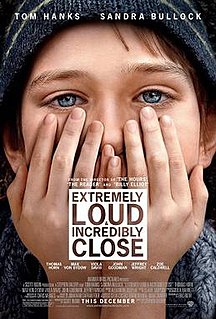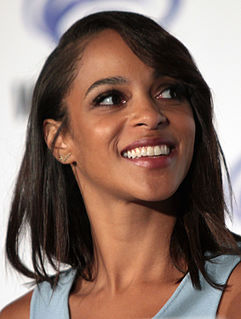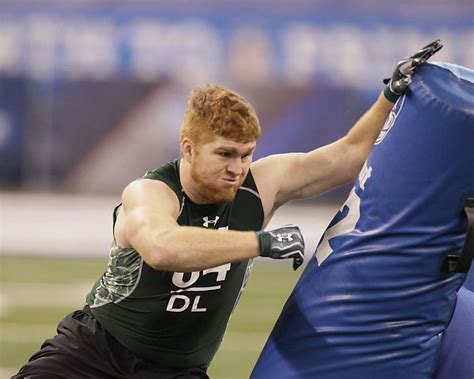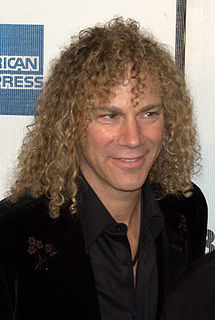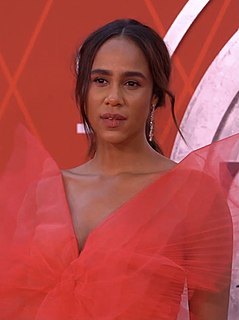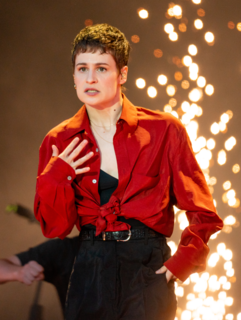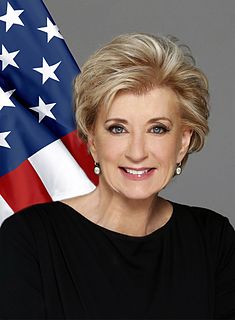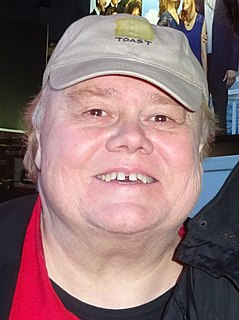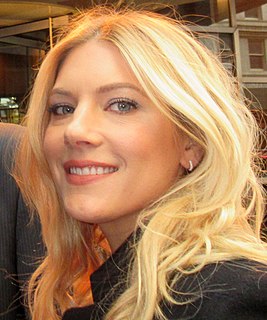A Quote by Ken Follett
When I'm writing a woman character, I don't think, 'What would a woman do?' I just think, 'What would this character do in this situation?
Related Quotes
I would go into a place that was quiet and isolated and think about how my character would feel in the situation, considering who he was and what he had been through. I would think about that even up to 30 minutes. And when I felt the character was in my body and I had left, I could walk onto set or into rehearsal.
I don't think it's a bad thing to play a character that's not necessarily a super-woman. Even if the character is a little bit stereotypical, as long as the whole story is good and positive, or makes some sort of important statement, I think it's okay. But, on the whole, you can't just do that, especially as a black woman. It's more of a responsibility. You've gotta let the world see black women being successful, strong, smart, with power and who are self-possessed.
The "magic if" is a tool invented by Stanislavski, the father of acting craft, is to help an actor make appropriate choices. Essentially, the "magic if" refers to the answer to the question, "What would I do if I were this character in this situation?" Note that the question is not "What would I do if I were in this situation?" What you would do may be very different from what the character would do. Your job, based on your analysis of the script, the scene, and the given circumstances regarding the who of your character, is to decide what he or she would do.
Many people are laughing when they see me, but I'm playing Mrs.Baskets all pristine. I'm playing it not-Louie. I'm not being Louie. I'm just being the character that I think it should be. I had to make a decision as to whether I was going to change my voice or not, but we decided for me not to change my voice, and I think that was the best thing ever, because I think it would've made a big difference in the character. I don't think it would've been as good.
From woman, man is born; within woman, man is conceived; to woman he is engaged and married. Woman becomes his friend; through woman, the future generations come. When his woman dies, he seeks another woman; to woman he is bound. So why call her bad? From her, kings are born. From woman, woman is born; without woman, there would be no one at all.
I don't write a whole lot about one person that exists in reality; it's usually characteristics of different people that I combine into a character. I tend to think through and try and make characters behave in a natural way. I follow the character and think about what they would do, what decisions they would make.
You have a certain objectivity, as a member of the audience, and you can come away maybe being provoked into a certain discourse or a certain arena of questioning, regarding how you would deal with things that your character has to deal with. Whereas when you're doing a film, once you start asking, "What would I do?," you're getting the distance greater between yourself and the character, or you're bringing the character to you, which I think is self-serving, in the wrong way. The idea is to bring yourself to the character.

